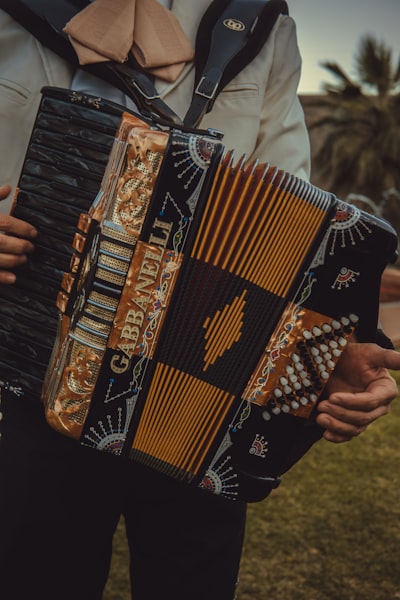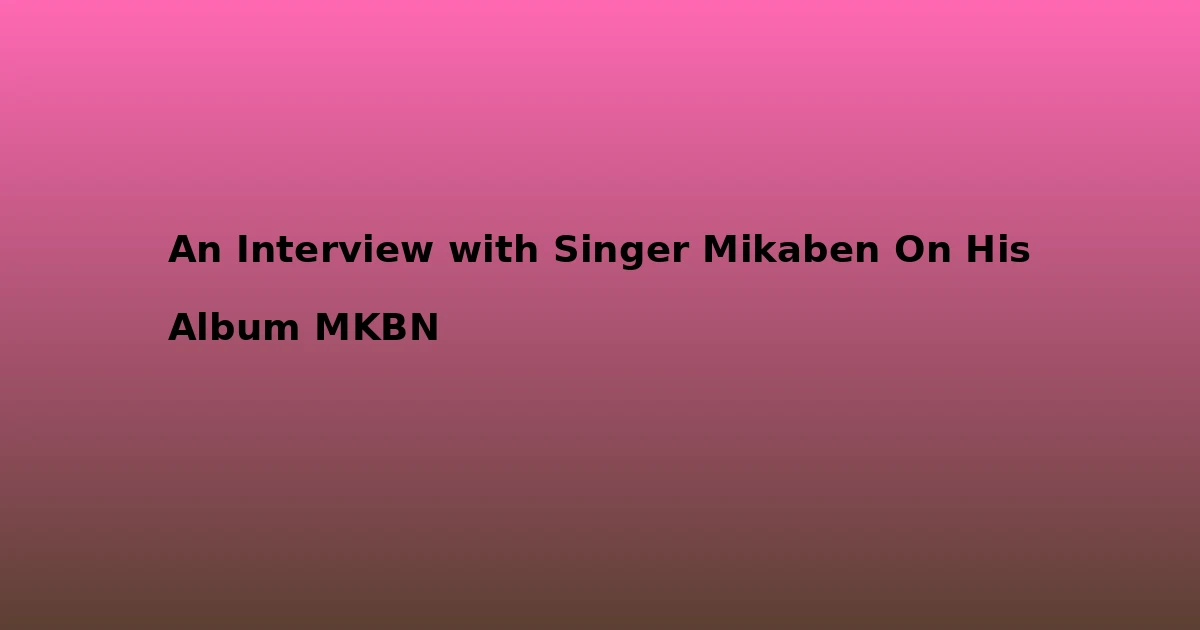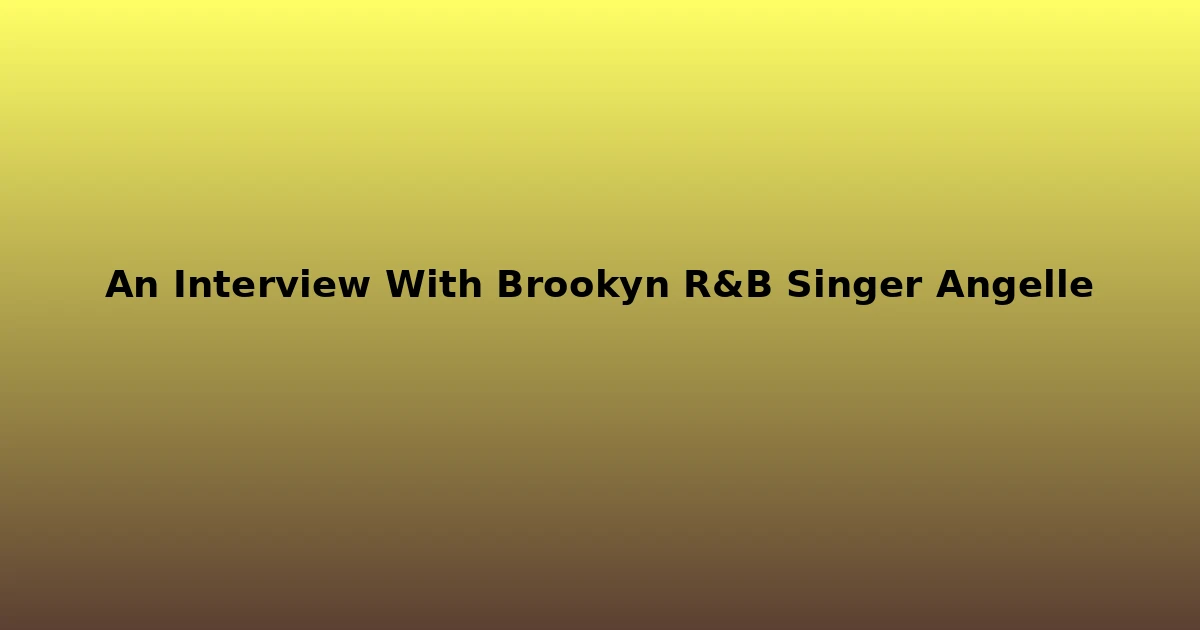Beethova Obas doesn’t remember absorbing his father’s creative process–he says he was only four years old at the time of his father’s death—but he certainly can be proud of continuing the artistic chain.
With albums with titles like Kè’m Pozé [My Heart’s at Peace], Futur [Future], Si [If], Pa Prese [Don’t Rush], Obas has created a career out of crafting meaningful albums, with a decidedly world sound.
One only has to study a mere chapter of his career to see that he has been a bard of sorts, singing hope-charged messages in his roots-based, jazz-tinged ballads.
Obas says that one of the unforgettable highlights of his career thus far was recording one of his albums with the Waclows Philharmonic Orchestra.
Were you named after Beethoven? That’s the first thing that came to mind for me to ask you.
Yes, my father, Charles Obas was inspired by the great classic composer Beethoven.
Who taught you how to sing? Or was the passion for singing born in you?
I began to sing very late. I began as author and composer—not as a singer. I took singing lessons and music at the InterAmericana University where I had dual degrees in economics and in music. The music and singing classes were precious to me.
I read that your dad turned up missing when you were little. How did that affect your family?
My dad did not turn up missing; my father was killed by the Duvalier regime. His disappearance affected the whole family at every level: social status, economically—even more in an emotional way. Suddenly, we did not [perform] well in school.
Do you think if he had been there to see you through life, you would have been an entirely different person?
Absolutely, life would be different. My perception of life would be different…
I also read that your father left a great number of instruments in the house.
He left an accordion and a guitar.

And which ones were you attracted to?
I was attracted to both. I started with the accordion, and it was too heavy to carry than the guitar.
How did you learn how to write songs?
You learn by listening to other composers, by practicing also…my first known song was “Plezi Mizè” [Pleasure in Misery].
What pushed you to write this song called “Lage’l”?
Haiti has been since since the beginning of my career my source of inspiration and music is one of the artistic expressions I like most. “Lage’l” was the expression of the situation.
What can you tell us about your first album, Le chant de Liberté.
Le Chant de Liberté [Liberty Song] has a story linked to my family.
It was financed by my father because we had sold a painting of Charles Obas’, our father, to [produce] the album. My older brother Klebert had proposed it and my three other brothers agreed. All the songs were written by me except “Koka Bò Kou” written by Pascal Jean Winer who wrote the lyrics.
As I had more than eight songs, my friend Ralph Boncy and my brothers helped me to make a selection of the tracks. After the success of ¨Lage’l¨ [Let it Go] and ¨Kole Zepòl” [Stick Together], the album was eagerly awaited.
You released another album Si, four years later. Can you discuss it?
Referring to fans’ opinion, the album Si is the anthology of my six albums; once again Si was the answer to Haitians’ situation at that time. Thanks to the song “Nou Pa Moun” [Ya’ll Ain’t Human] that I recorded with a world-known Martinique band, my songs were diffused in all the French broadcast outlets.
I signed with a French label.
In preparation for this interview, I was doing research on your songs, and this one called “Couleur Cafe” stood out for its jazzy feel. What does that song mean to you?
“Couleur Café” [Color of Coffee] is one of my favorites interpretations. This song was written by a worldwide known singer Serge Gainsbourg. I always say that I warmed the coffee of Serge Gainsbourg, bringing to it the Haitian flavor.
As someone who got his start as a songwriter, what advice would you like to give about song composition?
You must be an excellent observer and enrich your musical vocabulary everyday. Then feel free to express yourself.
Tell us about the recording of the album Kèm Poze.
Kè’m Pozé is a spiritual message in a specific time of my life. The content of this album is spiritual.
Are there certain elements that make a hit song?
When it carries the message waited by the people, when it talks to people’s hearts.
So, you have a brother who sings as well. How cool. Did the two of you ever thought of putting a band together?
Manno and I have been talking about this project, we already have the name of it: Mannothove Cocktail.
You’ve worked with a plethora of artists. Which ones would you say have been the most inspiring, and the most impressive?
Ralph Thamar, Joceline Berouard, Manno Charlemagne. With them, I’ve learned so many things [of significance] to my career.
Up to this point in your career, which of your albums have been your most mind-blowing, in terms of not only what it did to your career, but also what it made you feel…like, which one made you feel your essence as an artist?
I love all the albums, once they are recorded. It’s up to people to make their opinion on each one of them. They have made their choice. I think Si seems to be the one…
What are you working on now?
and myself are working on a new project to honor the great song-writer, author, lyricist Jean-Claude Martineau—more known under the name of Koralen.
What do you treasure the most in your life?
I’m trying to keep a balance between my family and my career.
What sort of counsel would you like to give to other artists who are on their way?
You must be an excellent observer and enrich your musical vocabulary everyday. Then feel free to express yourself.
Last Updated on December 4, 2025 by kreyolicious



